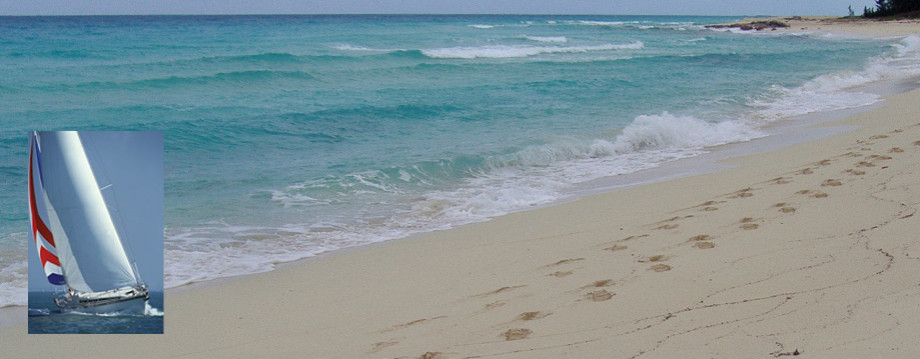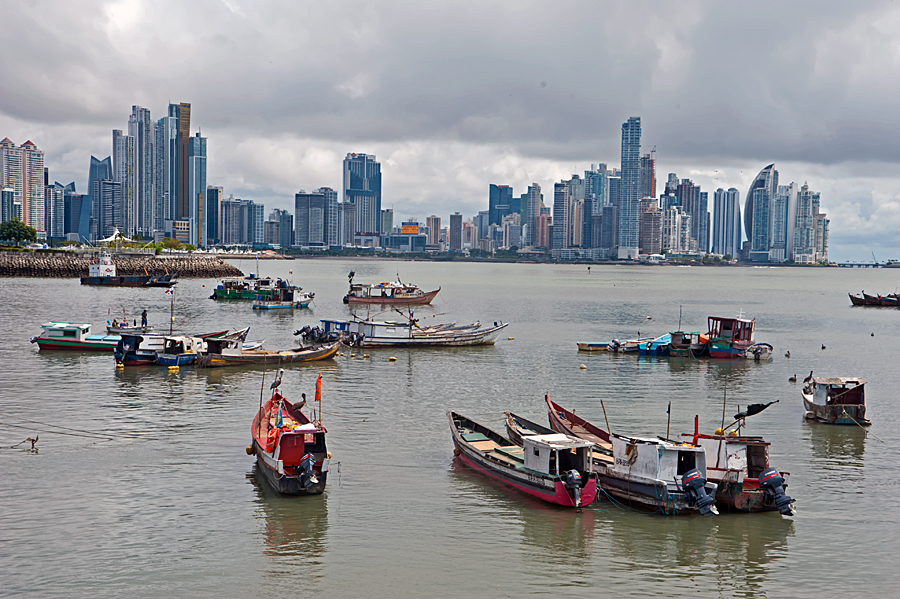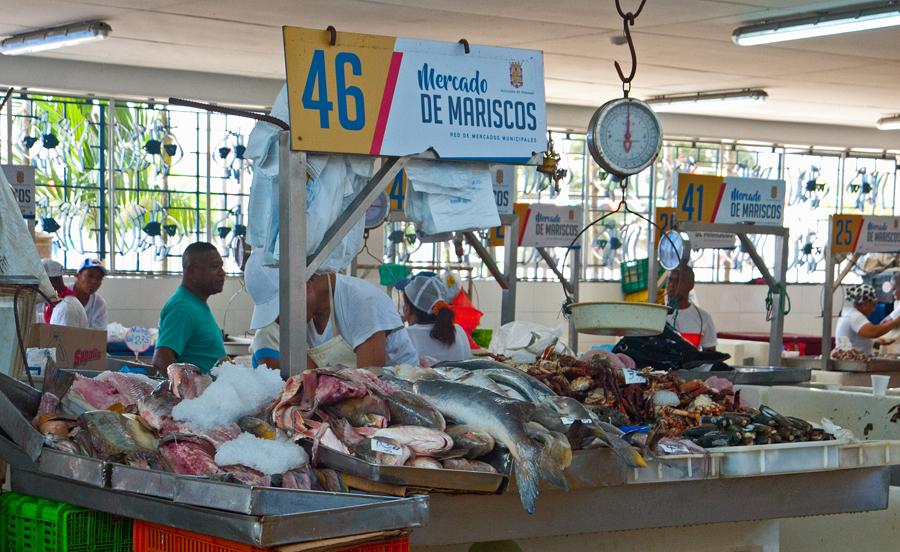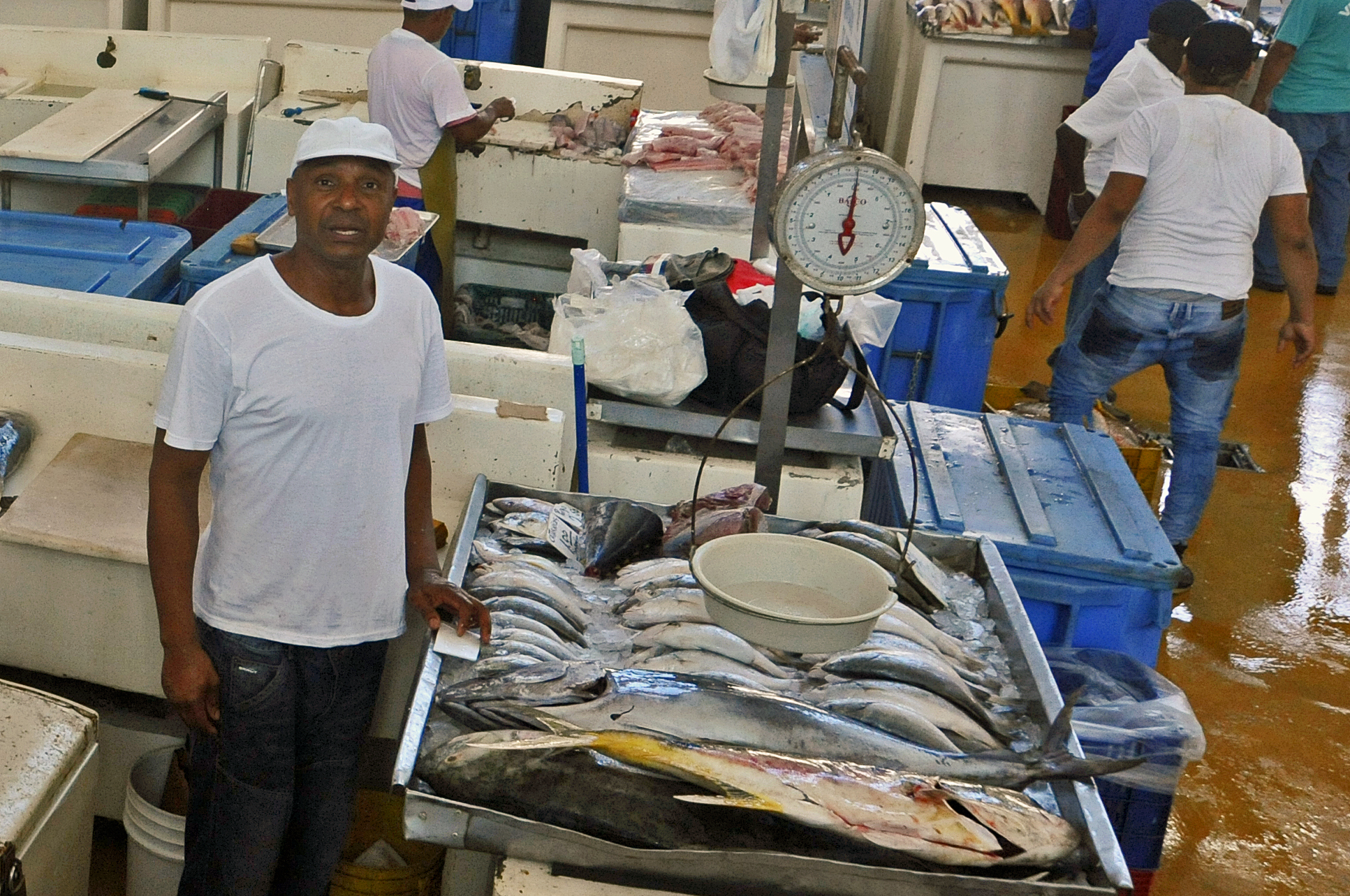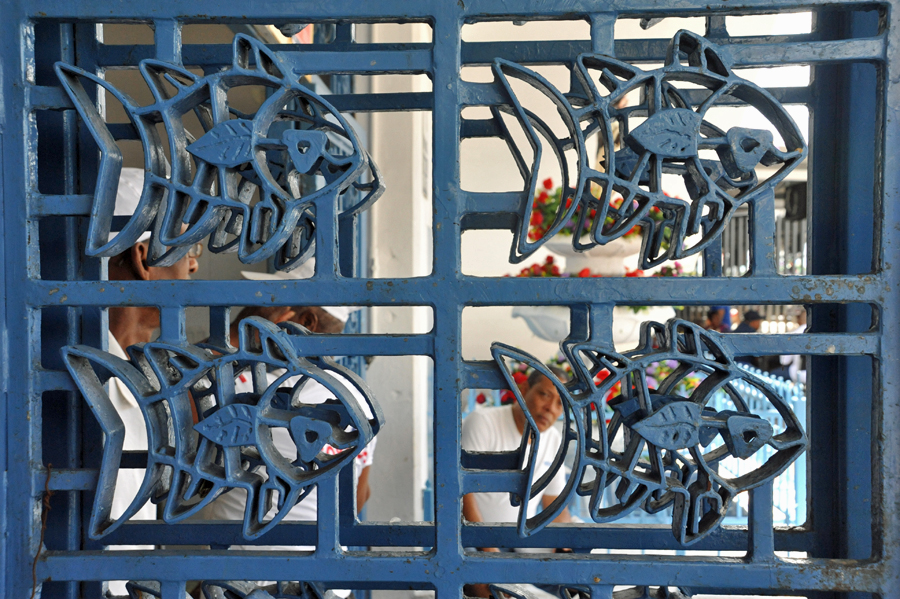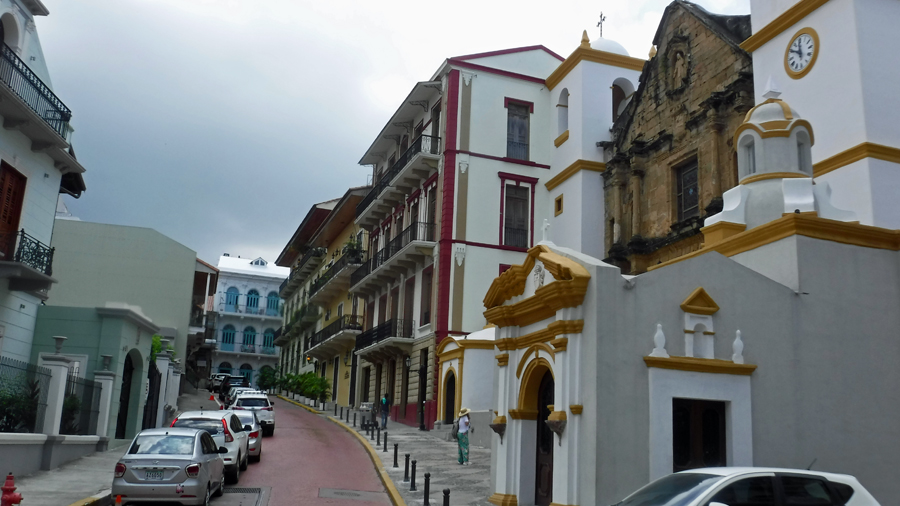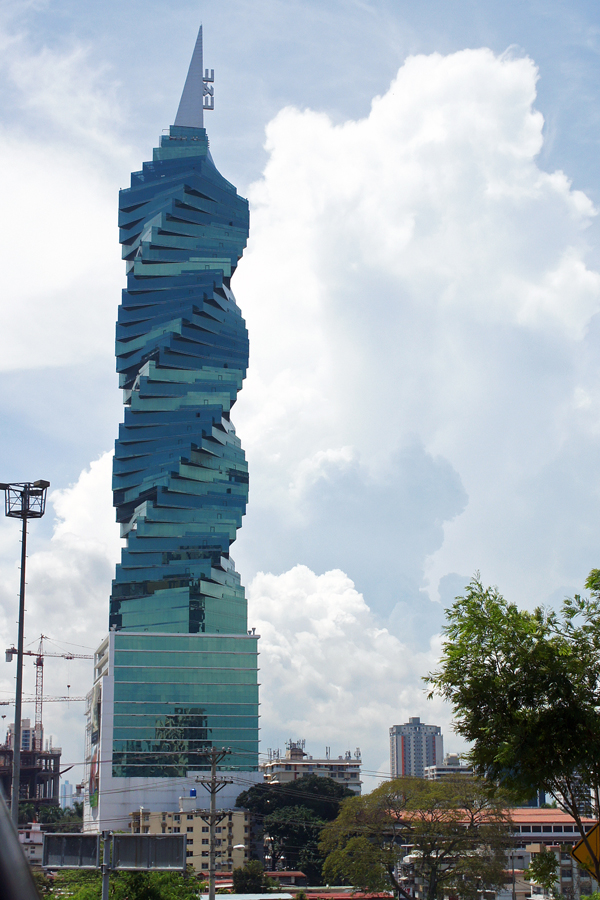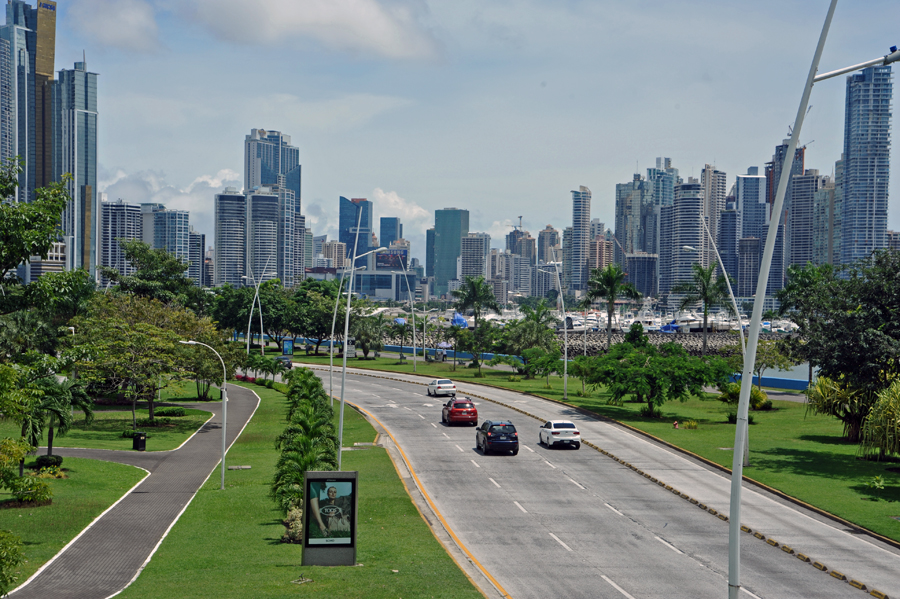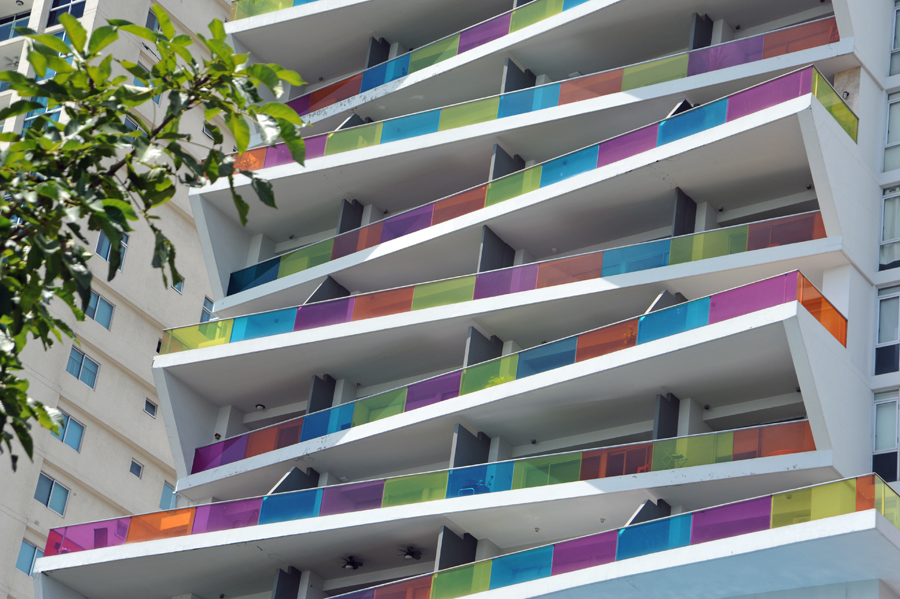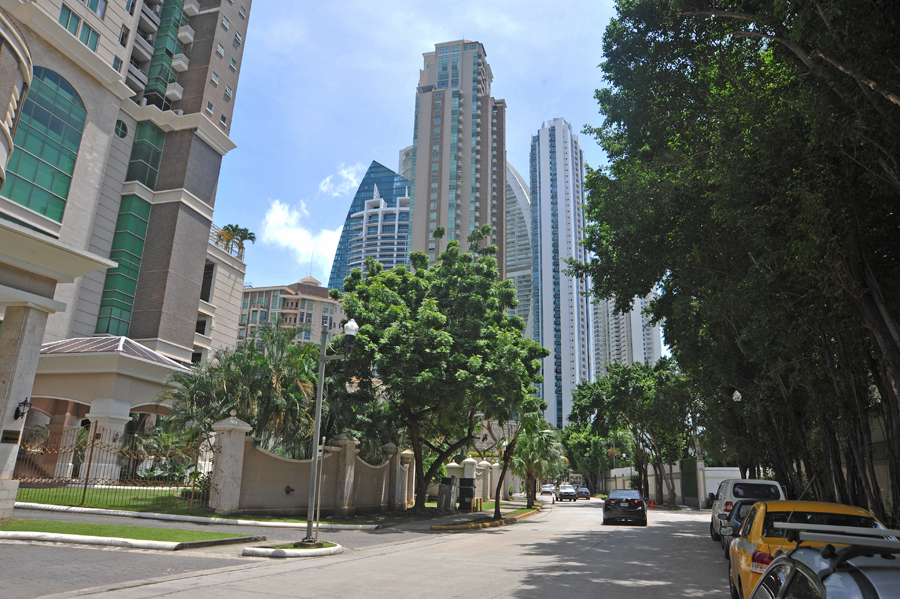Why do credit cards have an expiration date? It isn’t like they are going to go stale, moldy, lose their nutritional value, or crumble because of age. Imagine the money the card companies could save if they abolished the expiration date or considered tripling it to extend years into the future. They would no longer have to mail replacements for perfectly good cards. In addition, it would also result in a little less plastic polluting the world.
Googling the answer didn’t really help explain the reason for expiration dates. I learned, when cards used to have magnetic strips, these wore out and the card failed to work properly. Banks proactively sent new cards based on the life of the strip. However, the last country in the world, the USA, finally moved to chip cards eliminating the need for the magnetic strip. But yet, we still have the expiration dates. Some banks claim it is an added security measure. Well okay, I don’t see how but if this is the case then why not extend the date out for an extra few years.
The credit card companies force customers to update any auto-payment information. It is a pain to do this. Off the top of your head, can you state how many accounts you have that auto-bill your credit card? We have multiple accounts, such as our satellite phone, NetFlix subscription, InReach satellite communication, VPN services, just to name a few. As you can see, some of our more critical systems depend on a monthly or annual bill such as our sat phone. If I missed updating this account and we set off on a voyage, our emergency phone could be disconnected.
One of our credit cards is expiring at the end of this month. It is the card we use for rental cars because it has an awesome free benefit covering us all over the world as primary collision insurance whenever we rent a car using this particular card. This is normally covered by a person’s personal auto insurance policy. But, we do not have car insurance since we do not own a car. The value of this benefit for us is substantial. The card company sent our replacement card to our USA address. We know this because they sent us an email. Hmm, now what?
We contacted the card company and asked if they could send us the card to Panama. Luckily, we are sitting in a place right now where we have an address. They agreed to send it but just can’t seem to figure out how to do it. There is a false security traveling tourist should be aware of. People think if they lose their credit card or it is stolen, they’ll just have another one sent. No problem, just UPS/DHL/FedEx it, right? Wrong. We have learned in this lifestyle just how many areas of the world there are where these companies don’t deliver. The simple task of sending something internationally can be much harder than it sounds.
To complicate matters further, we often do not have a mailing address to use. For example, when we spent 3 months floating about the San Blas islands no delivery services are available for miles. The closest location to pick up something mailed to us was about 100 miles away. As if this wasn’t enough, many credit card companies are limited to using just one international carrier (so they get better prices). This can be a real pain for us since the company they may use can be totally inadequate in the area we are located. I recall an experience we had in Bonaire trying to get a replacement card sent due to being hacked. It was a nightmare.
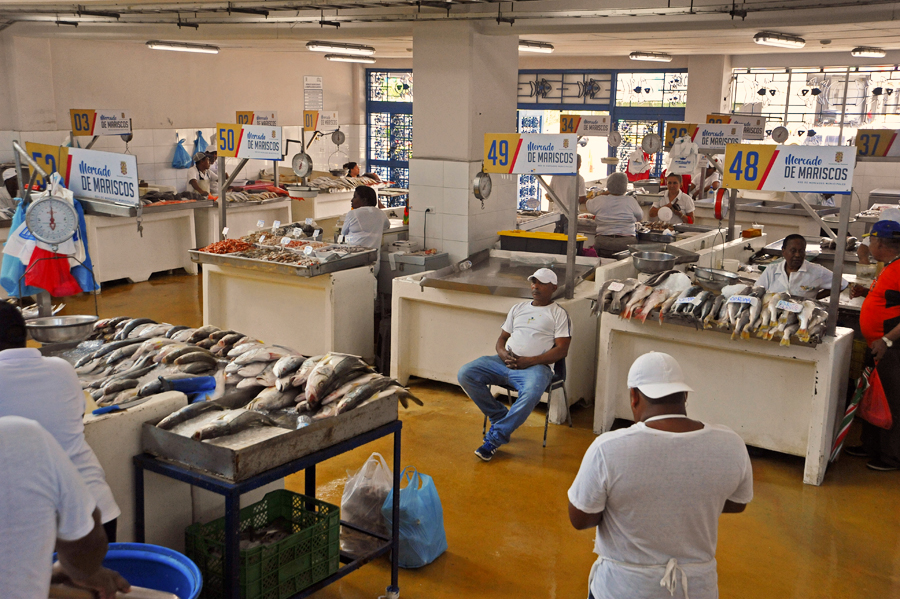
While we were there, the place all of a sudden empties out and the sales guys took a well-deserved break
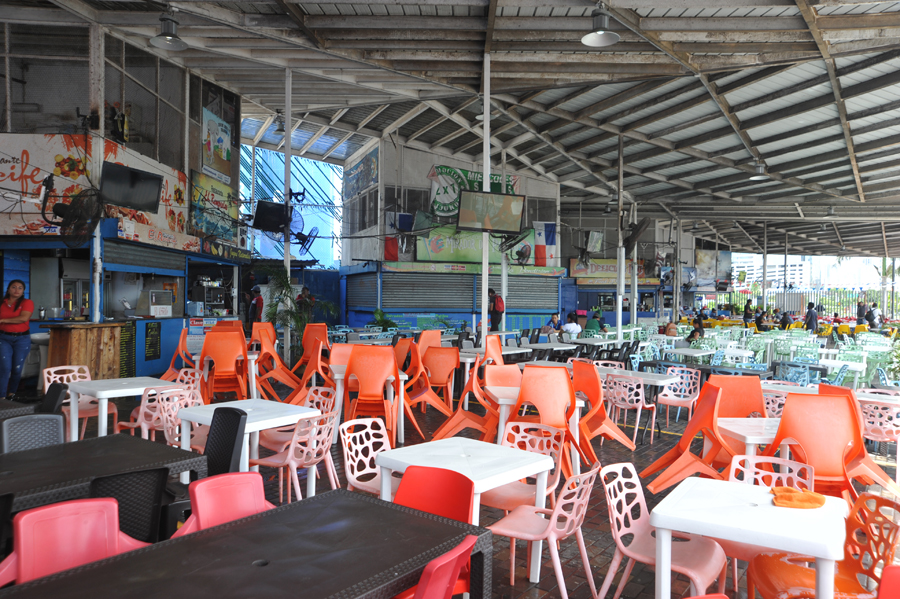
Outside the fish market are about twenty restaurants whose menus change based on the catch (most weren’t open yet – it gets very crowded)
Speaking of saving the world from plastic, why do the small canisters of Pringles come with a re-sealable plastic lid? Does anyone ever open these small packages of Pringles thinking they are not going to eat them all? I think not!
We recently loaded up on Pringles. This is not something we normally purchase but our local grocery store had such a great deal, we couldn’t resist. A couple of weeks ago, Panama had a Black sale. This is similar to the Black Friday sales in the USA. In the USA version, everyone in the entire country decides to shop on one day to save $20 on a new TV. The caveat being they must be at the store selling the TV at 3 am, be willing to get trampled upon, and hope when they get to the display there is at least one working model left to purchase. Unlike the USA version for the black sale, Panama’s sale lasted an entire week. Most of the stores here offered a list of specials including the grocery stores. We just happened to be at a grocery store and realized a big sale was taking place. We are mostly oblivious to local events due to the fact that all the media here is in Spanish. So, we were pleasantly surprised to find many items we enjoy on sale.
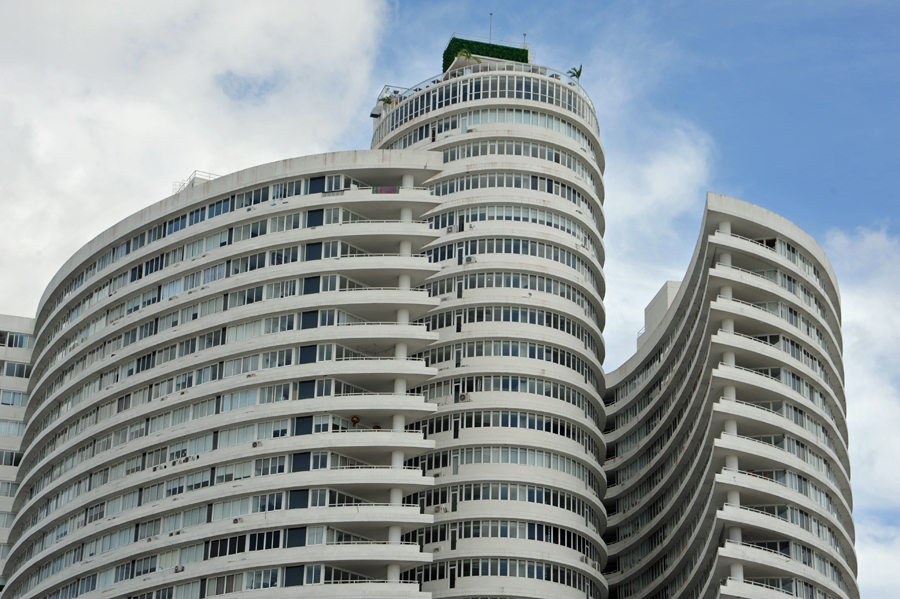
The PH Bay apartment building – I would hate to have a unit in the back of the tower looking onto someone else – what was the architect thinking.
We are in a bit of a holding pattern hanging about in Panama now as it is too late to set out to French Polynesia. Departing now we would find ourselves in the heart of paradise during cyclone season. Coming through the Panama Canal, we knew then we’d have to hold on this side and were a bit surprised when we reached the marina that a few late bloomers were just setting off. This is the rainy season in Panama which means lightning. Cindy did a lot of research on Panama weather patterns discovering the pacific side has fewer lightning strikes than the Caribbean side. Better to wait here than there. And besides, the amenities on this side of Panama are more plentiful than the Caribbean side. We are constantly finding new places to explore and continue to enjoy the offerings of Panama.
We have decided we want to sail westward from here. Our next sail is going to be a whopping distance of 4,400 miles, about 7,100 km to French Polynesia. We plan to stop in the Galápagos Islands for a couple of weeks, about a third of the way. Our plan is to stay in French Polynesia for a couple of years. However, this is hit and miss.
All of the books on routes and passage making tell us January – March is the best time to make this long sail. Including the stop at Galápagos, from the time we leave Panama to arriving in French Polynesia is about 2 months. We have studied wind roses for this time of year and have mapped out a preliminary route. Our plan is slowly coming together.
Galápagos is notorious for tons of paperwork and rules. Cindy has read monstrous amounts of publications and now has a pretty good handle on what we need to do. We are not people who just post on Facebook and ask for advice on customs and immigration procedures. Surprisingly, this often seems to be the extent of some people’s research. They believe the advice from perfect strangers who may be or may not be who they claim or may or may not have the knowledge or expertise they claim. We feel there is too much at stake when navigating through the processes of customs and immigration. Therefore, we make sure we are absolutely certain about the laws before we arrive so we can comply. Getting caught skipping the rules can put a person in court. The phrase fellow cruisers often hear me say when they haven’t done their homework or are asking for advice on Facebook is, “You might need a source to quote to the magistrate regarding why you did or did not do what you did prior to arriving in court. Saying my BFF on Facebook told me everything is okay is not usually a solid defense”.
Cindy has contacted and hired an agent in Galápagos to ensure our paperwork is all in order. This is a requirement in Galápagos. Getting the right agent is the key. We need a person who is up on the latest changes, stays abreast of the rules and is ultra-responsive to our questions with clear and concise communications. Cindy searched until she found a good one. It is amazing to me how much she has already learned to be false information we have heard from other cruisers regarding the rules there. Cindy really has the patience to go through these tedious processes. Me, not so much. I hate red-tape. I’d probably just sail past Galápagos giving them the one figure salute as I neared the shoreline. In addition to the red tape, Galápagos is going to be an expensive stop. The permits, rules and landing fees are ridiculous. Our most recent estimate is about $1,900 just to take the boat there for less than one month. I try to remind myself that we are traveling to see the world. We are not traveling and only stopping at the cheap places with easy paperwork.
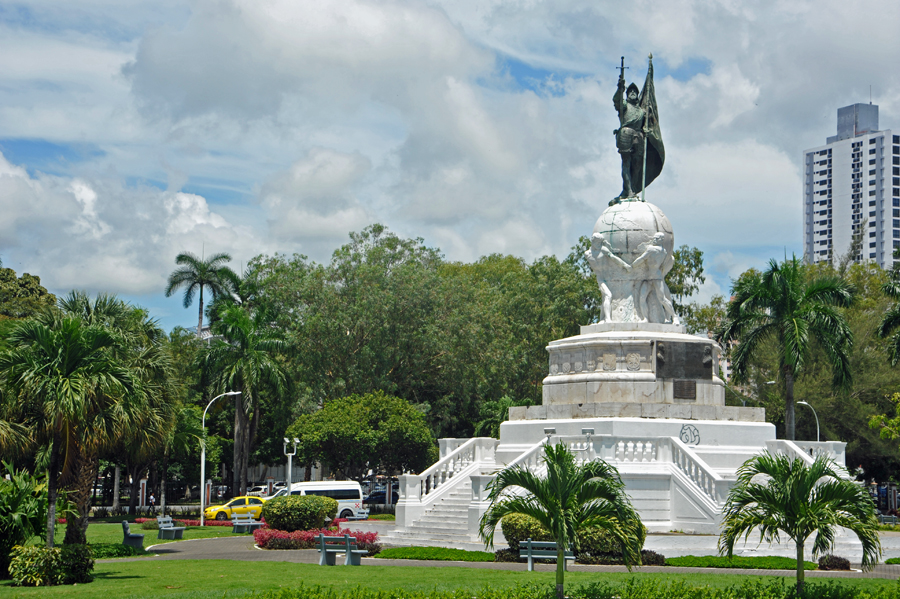
Monumento a Vasco Núñez de Balboa (the first European to see the Pacific Ocean from American shores)
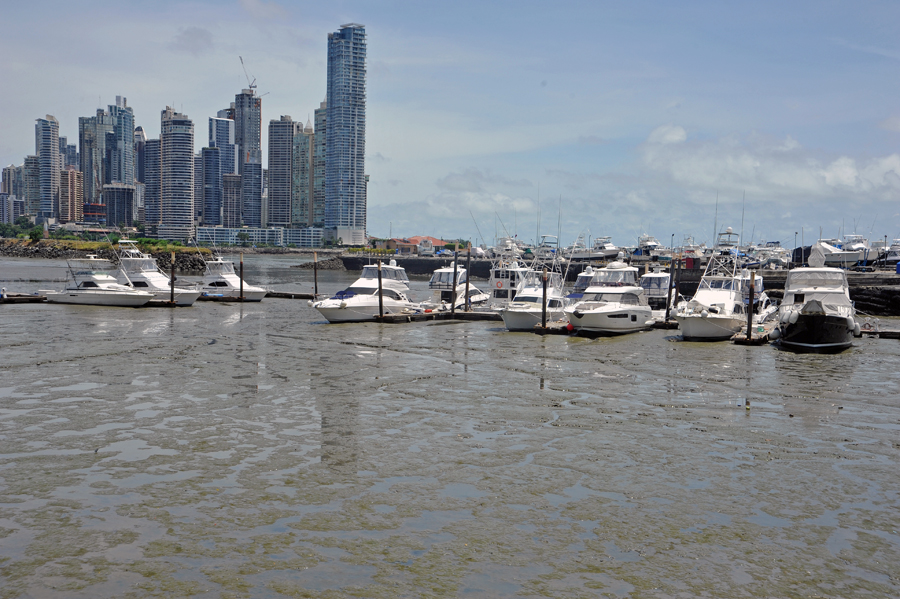
Panama’s tide is about 16′ in water change. In the downtown marina, the boats sit on the mud bottom when the tide is out.
In addition to figuring out Galápagos, French Polynesia is turning out to also be a real challenge. If you are a regular reader of this blog, you already know I have a British passport. Entering French Polynesia on a British passport is much easier than a USA passport. Briton is a part of the European Union and so is France. No problem, right? Wrong! Two words: stupid brexit! Brexit is happening, or not happening, right in the middle of our plans to go to French Polynesia. If brexit doesn’t happen, we do not need to do paperwork. We can arrive and apply for something called a carte de sejour (cds) when we arrive. This will allow us to stay for as long as we like because the visa can be renewed every year. Cindy is approved based on my EU passport and a marriage license. If Brexit does happen, we will need to apply for a long-stay visa while in Panama. So, all this depends on the brexit deal or no-deal. If we arrive without the correct paperwork and brexit happens, we will only be allowed to stay for 90-days.
The long-stay visa for French Polynesia (if brexit happens) must be applied for in Panama at the local French embassy. It cannot be obtained if the initial paperwork was not filed prior to arrival in the French Polynesia. This generates a Catch-22: If we wait for the stupid brexit thing to happen, or not happen on Halloween (very appropriate date), we can miss our opportunity to apply for the long-stay visa due to the limited weather window we face.
Trying to be proactive, Cindy contacted the embassies for advice. The French embassy has been far more helpful and understanding of our situation than the British embassy. They suggested we apply for a long-stay visa regardless of the brexit fiasco. Once we apply for the visa and it is granted, we have 90-days to present paperwork in French Polynesia. The clock starts to tick. Because we want to stop in Galápagos on the way, this will count as time against us. So, Cindy getting the timing of the visa application and issuance dates is critical. Cindy has also hired an agent in French Polynesia for the second half of the visa paperwork. We both agree paying an expert to help muddle through the process is well worth the expense. It’s far better than being ousted after a ninety-day stay, which could happen if we missed something.
I just read on the BBC News today brexit may be postponed again. Good grief! The madness continues. I am really not sure if this helps us or hurts us at this juncture. Cindy has made our appointments at the French embassy to start our long-stay visa application. We may or may not need it. Show us the hoop and we’ll jump through it. This is what we seem to be doing lately.
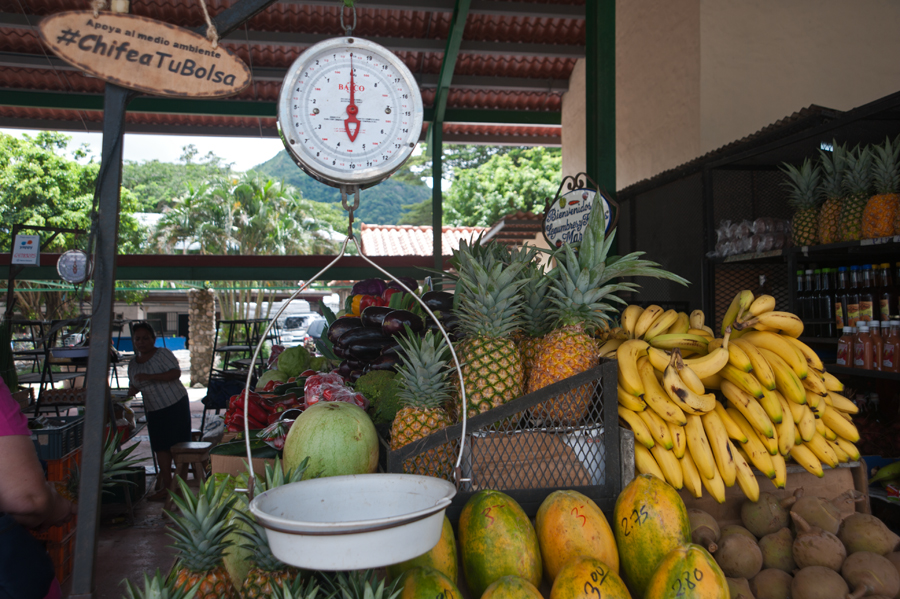
Pineapples and bananas from the local market have become part of our daily diets. The pineapples here are sweet and delicious!
